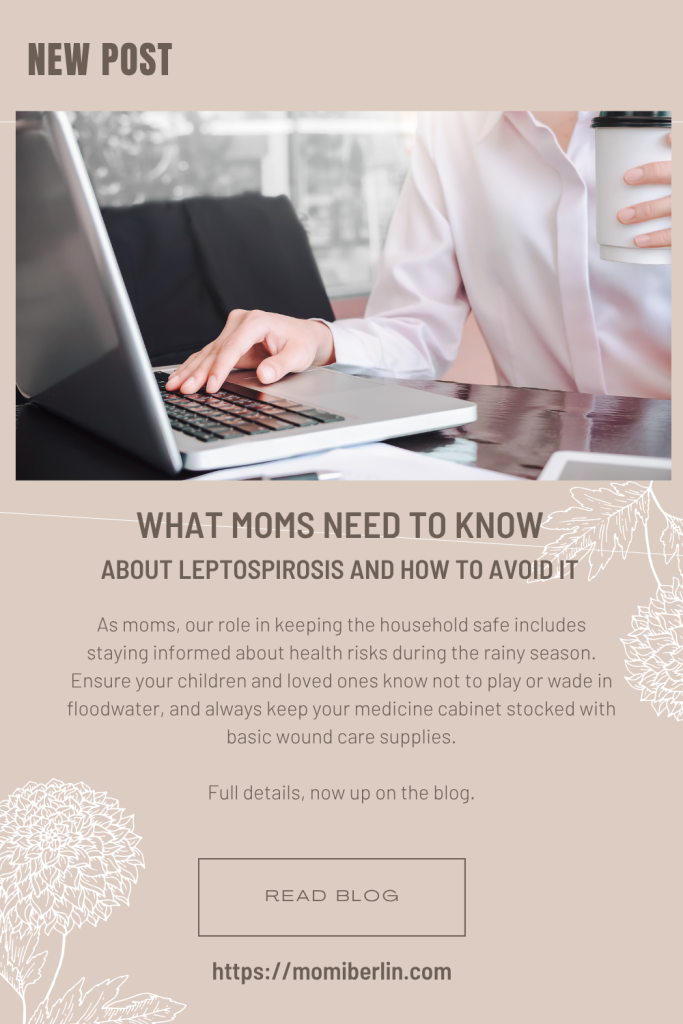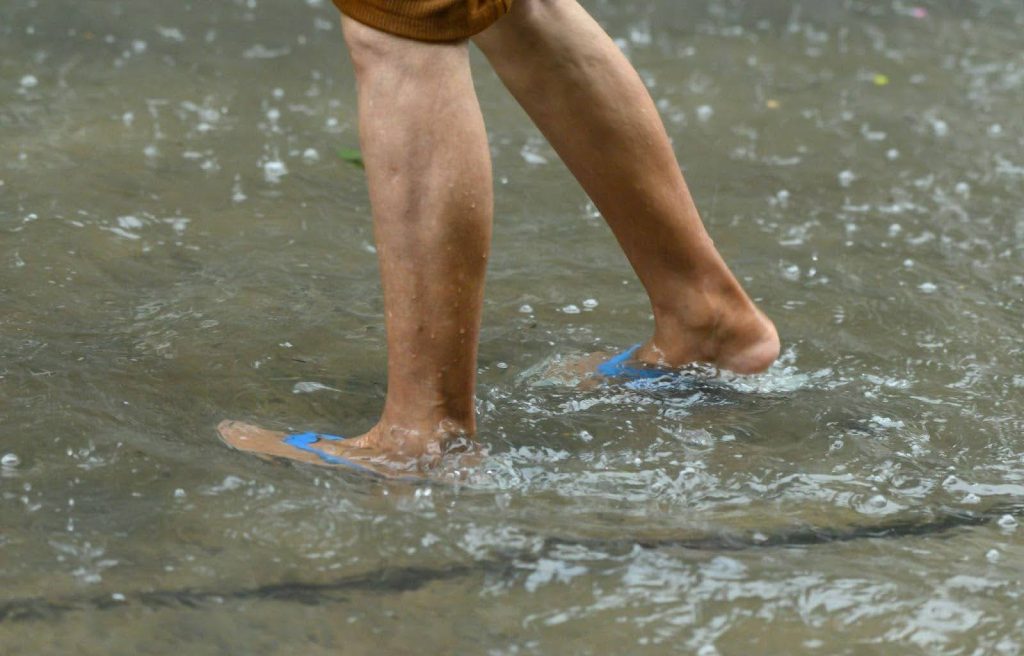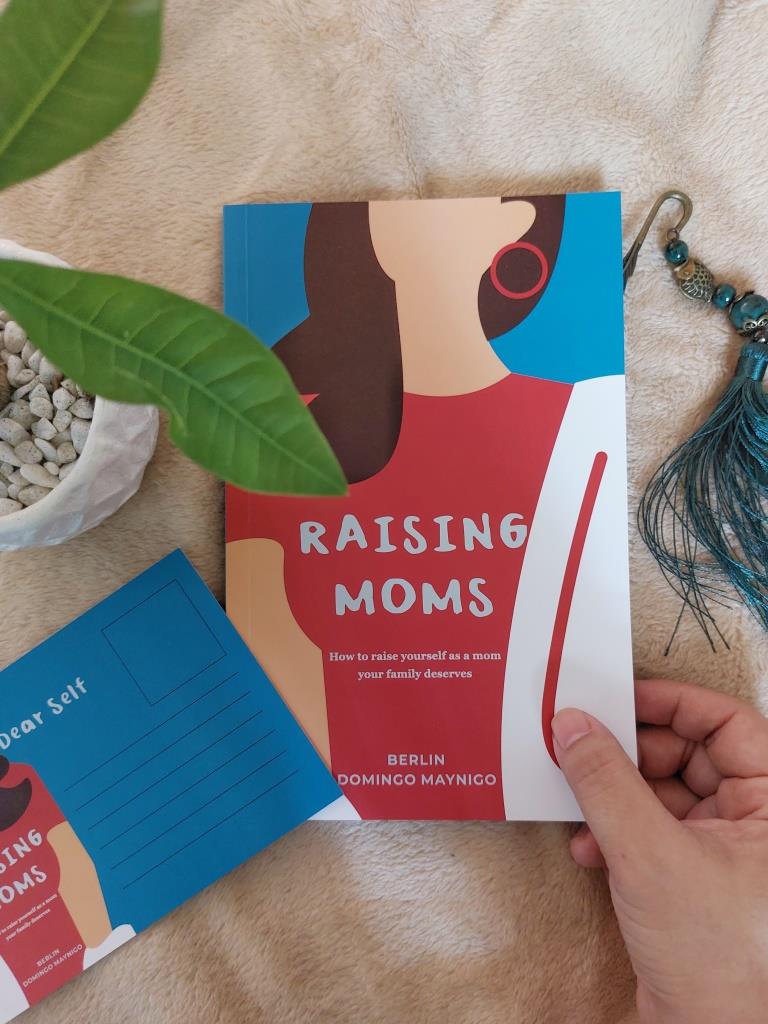Know About Leptospirosis and How to Avoid It
When the rainy season hits, moms know the drill. Prepare for flooded streets, keep your laundry indoors, and plan for longer commute times. However, one thing we might overlook is a serious health risk associated with the floods: leptospirosis.

This disease is caused by a bacterium called Leptospira, often found in floodwater contaminated by the urine of rats, dogs, or other animals. It enters the body through cuts, wounds, the eyes, mouth, nose, or even private areas. While treatable with early medical attention, leptospirosis can cause serious complications if ignored, especially to the kidneys.
Why Leptospirosis Is a Serious Concern
“Once it enters the bloodstream, Leptospira targets the kidneys, causing their inflammation and affecting their function,” says Eladio Miguel M. Peñaranda, Jr., MD, a nephrologist from the top hospital in the Philippines, Makati Medical Center (MakatiMed). “Damaged kidneys cannot process and filter waste, leading to a buildup of toxic material in the blood. Dialysis helps remove the waste when the kidneys cannot function properly.”
From January to October 2024, the Department of Health recorded over 2,700 cases in the National Capital Region alone, surpassing epidemic levels. The rise in cases shows how common and dangerous the disease can be—regardless of age or fitness level.
“It’s the great equalizer, as it exempts no one,” Dr. Peñaranda points out. “Even the healthiest and fittest of us can get it.”
Protecting Yourself and Your Family
It is best to avoid any contact with floodwater. But if it cannot be helped, there are ways to minimize your risk.
“Some commuters say they are forced to wade through floodwater to get to work or go home. If you must, wear protective gear like rubber boots,” Dr. Peñaranda advises. “If you don’t have a choice, wash your feet, legs, hands, and face with soap and clean water. Apply an antiseptic on any cuts or wounds that you may have.”
Clothes and shoes that come into contact with floodwater should be washed thoroughly with detergent and dried in the sun. These simple steps help reduce the chance of infection.
Know the Symptoms
Leptospirosis symptoms usually appear between two to fourteen days after exposure. Be alert and seek medical help as soon as you notice any of the following:
- Fever
- Headaches
- Vomiting
- Muscle pain in the calves and back
- Abdominal pain
- Red eyes
- Yellowish skin
- Reduced or dark-colored urine
“Among the classic symptoms are fever, headaches, vomiting, muscle pain in the calves and back, abdominal pain, red eyes, yellowish skin, and reduced or dark-colored urine,” explains Dr. Peñaranda.
A doctor will usually request blood and urine tests to confirm the diagnosis. Early treatment with antibiotics can prevent complications.
Boosting Your Immune System Helps
While exposure to bacteria can happen in unexpected ways, a healthy body is better equipped to fight off infection.
“While it’s true that anyone can get leptospirosis, having a strong immune system can help fight infection better,” says Dr. Peñaranda. “Eat a balanced diet, get enough sleep, exercise regularly. These healthy habits help stave off other diseases too.”

Stay Informed and Prepared
As moms, our role in keeping the household safe includes staying informed about health risks during the rainy season. Ensure your children and loved ones know not to play or wade in floodwater, and always keep your medicine cabinet stocked with basic wound care supplies.
For more information, please don’t hesitate to contact MakatiMed On-Call at +632.88888 999, email mmc@makatimed.net.ph, or visit www.makatimed.net.ph. Follow @IamMakatiMed on Facebook and Twitter.












0 Comments